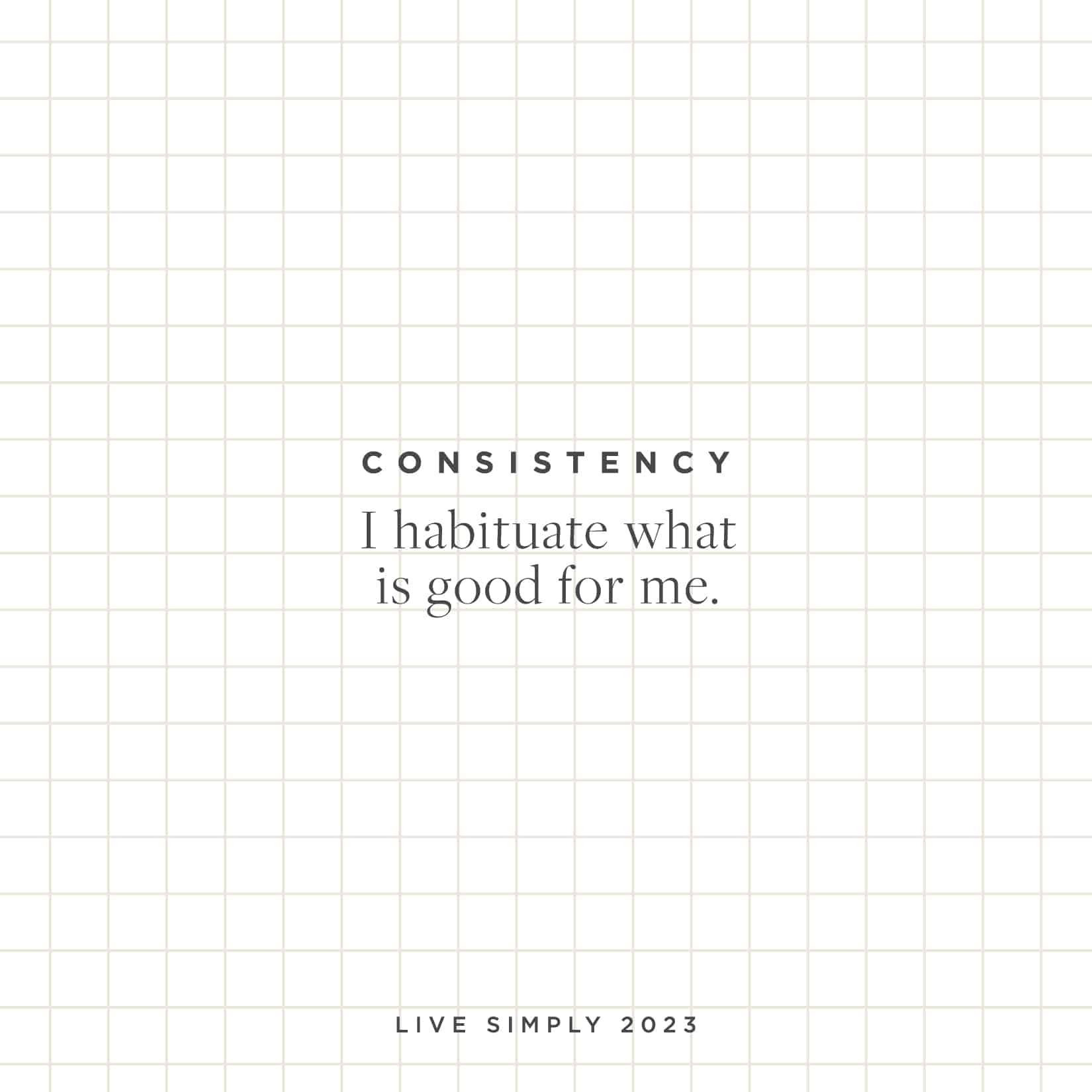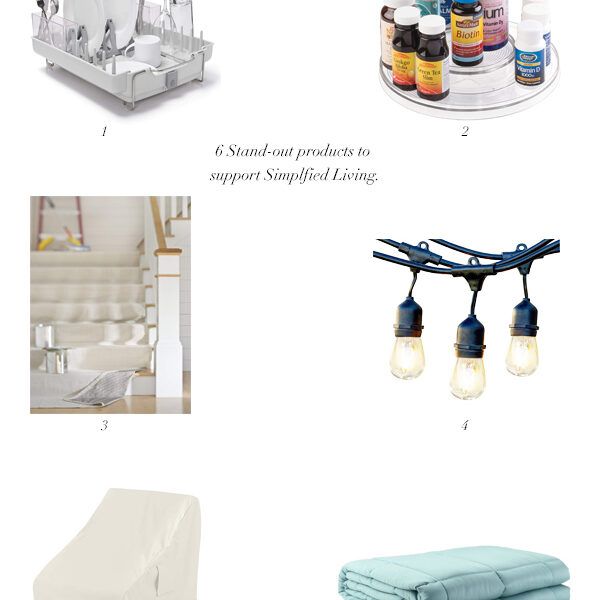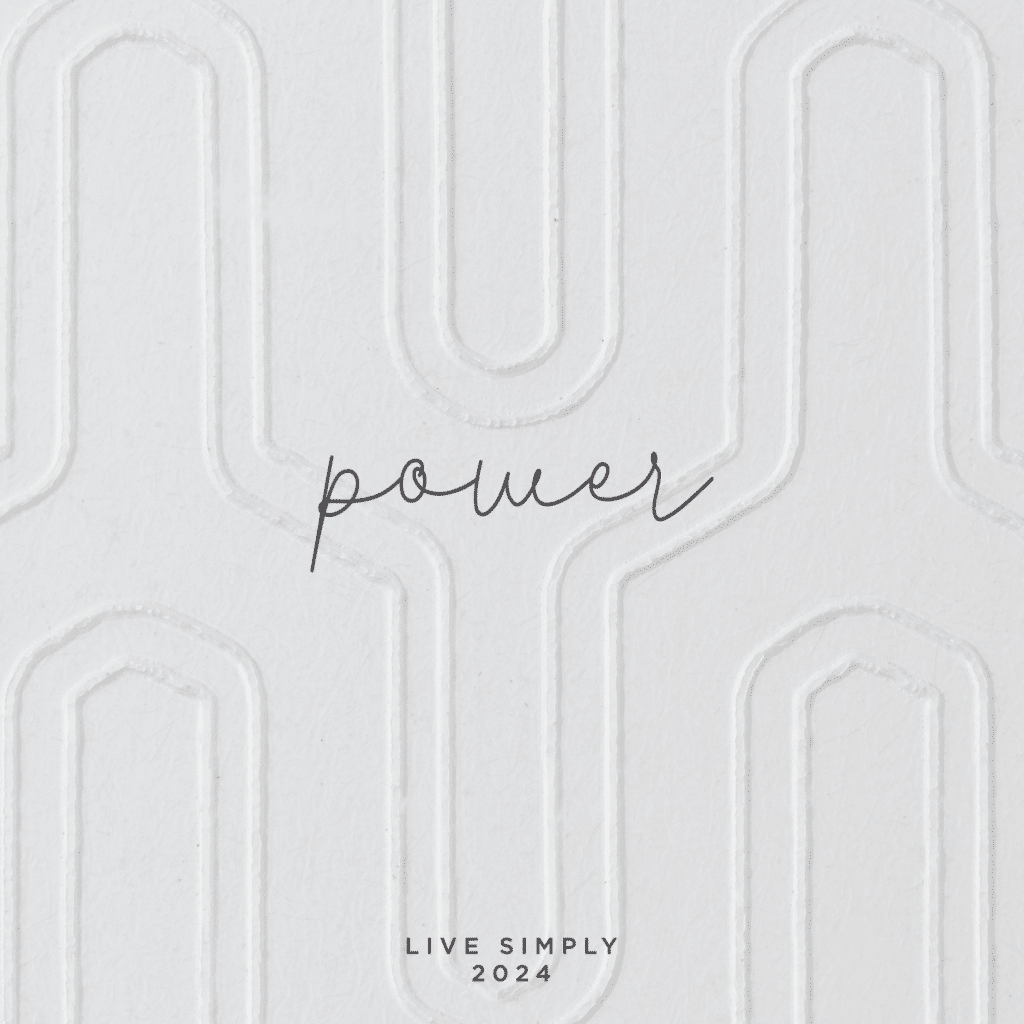5 Step Recipe For Habit Consistency

Aristotle (or maybe Will Durant) famously wrote, “We are what we repeatedly do. Excellence, then, is not an act, but a habit.” Since then, our species has been fascinated by habits. Good, bad; making them and breaking them. Our higher knowings against our lower desires, squaring off for eternity.
I’m wretched at scientific reasoning, my mental math skills are embarrassing, and I’m really high-maintenance about getting my hair wet any place other than the shower, but I do happen to be a consistency wizard.
Here’s what I’ve come to know about how to habituate behaviors:
- Understand your WHY.
Every habit begins with a firm decision. You resolve that you’re making a change, period.
But, in order to arrive at the point of decision, you must first get connected to the underlying motivation for the behavior. WHY does it matter? WHY does your wellbeing depend upon it?
Regardless of the behavior or the reason for it, the responses to those questions are ultimately feeling ones. “When I do this, I feel good. Positive things happen. My life is better. I feel happy, content, peaceful, alive, etc.”
- Zero in on your WHAT.
Now that you’ve decided to truly care about keeping your space clutter-free, let’s say, or incorporating daily exercise, or adopting a mindfulness practice, you must get specific. You can’t just decide to eat cereal because it makes your tum-tum feel yum-yum and call that a fully-fledged plan. What kind of cereal are you going to choose at the store? Is it an organic, grain-free granola, or is it sugar in shapes?
Without a specific choice/program/method/brand selected, you’re bound to spend all the time you might actually be practicing the habit overwhelmed by what to do.
- Work out your HOW and WHEN.
You are serious about habituating a behavior only when and if you have thought through the logistics of how to accomplish it.
It isn’t sufficient to say, “beginning today, I’ll keep my space neat.”
Where in your day’s schedule will that fit? What other commitments will need to shift in order to carve out space for your new habit? What time will it happen? What do you need to wear? Will you have enough time to dry your hair? Etc.
- Loop in a WHO
Most people benefit from the support of external accountability, whether that’s a cue to do the behavior, or a check-in point after the fact.
It might be that your Tuesday housecleaners help you to be accountable by compelling you to pick things up Monday night.
It might be a habit tracking app, or a therapist, or a similarly invested friend.
Whatever it is for you, recruit an outside entity that knows about your desire to habituate a behavior and asks you regularly about that.
(For the record, I am always here to encourage your best instincts, and will happily talk you off the compulsive purchasing ledge, tell you that yes, you will certainly feel better after you work out, and ask you repeatedly about whether or not you’re clearing the counters before you leave a space.)
- Return to the WHY.
When your consistency is still in its infancy, you’re likely to fumble, phone it in, or momentarily forget your habit altogether. When this happens, do not, for the love of James Clear, dwell in embarrassment, shame, or frustration. Do not go into turtle mode, trying to hide from a world to which you proclaimed mere weeks prior your newfound dedication to going to bed at 8pm.
Doing so will only turn you off from it more, since your mind will not differentiate the actual behavior from the bad feelings you’re now associating with it.
Instead, remind yourself how incredible you feel when you do manage to carry out that behavior. Said differently, return to your WHY.
Consistency is a symphony of single instances. The irony of a habit is that it doesn’t matter what you did yesterday or three weeks ago. It matters what you do repeatedly, which means today.
Other Posts You May Love
Leave a Comment
Welcome
Search The Blog
Simplify Your World
Sign up for the email list to get inspiration and simplified tips sent right to your inbox.
On Pinterest
























